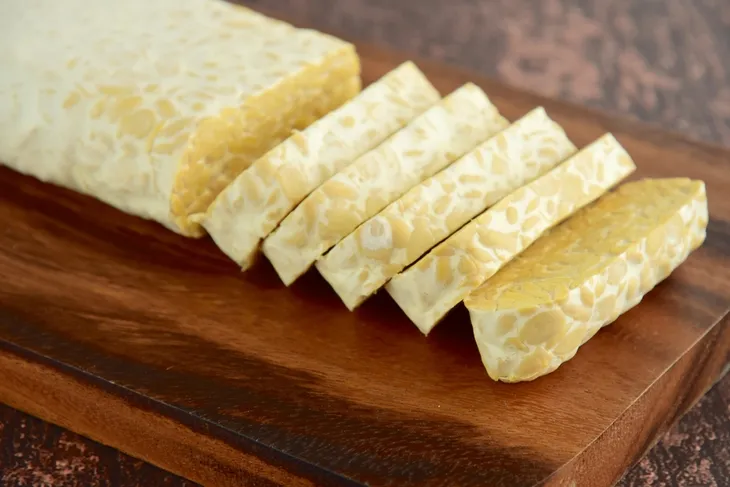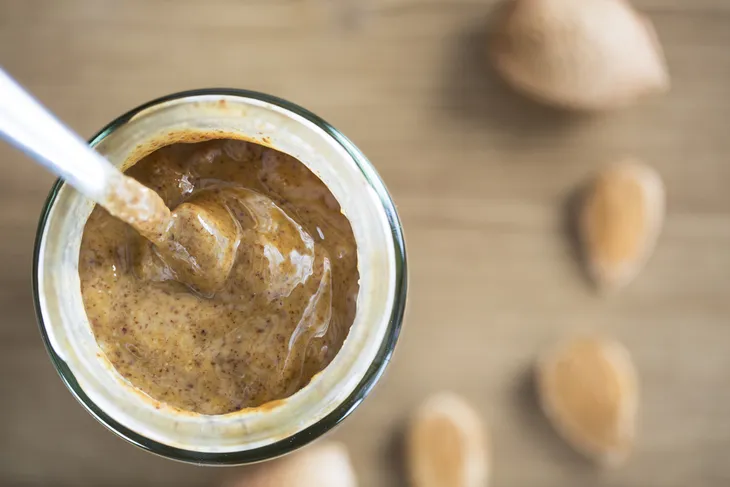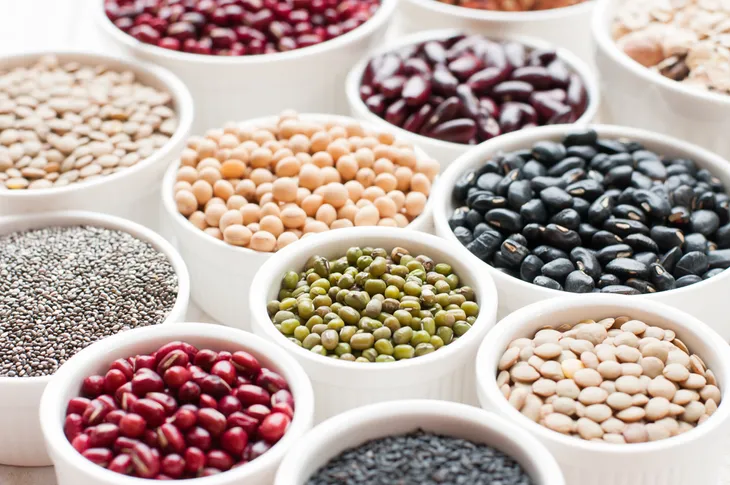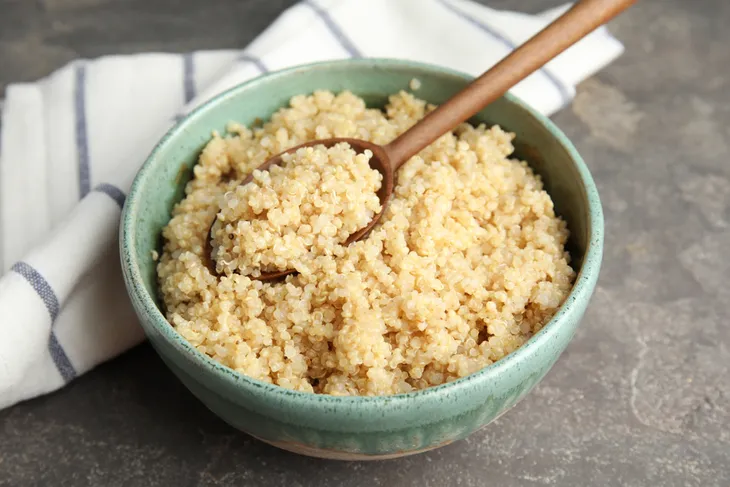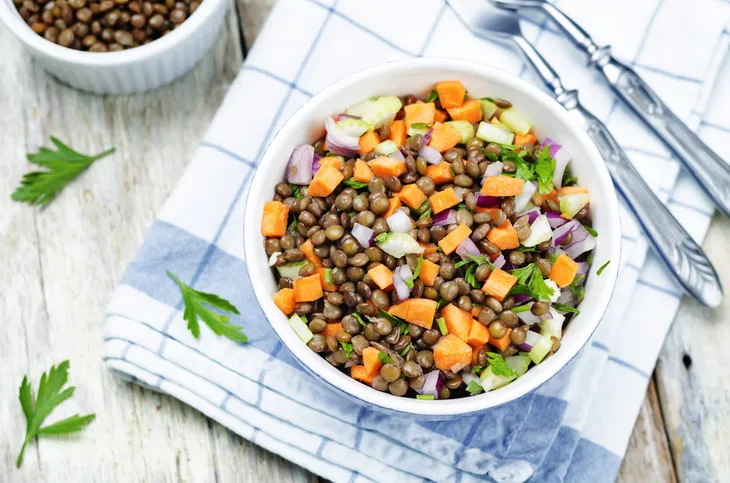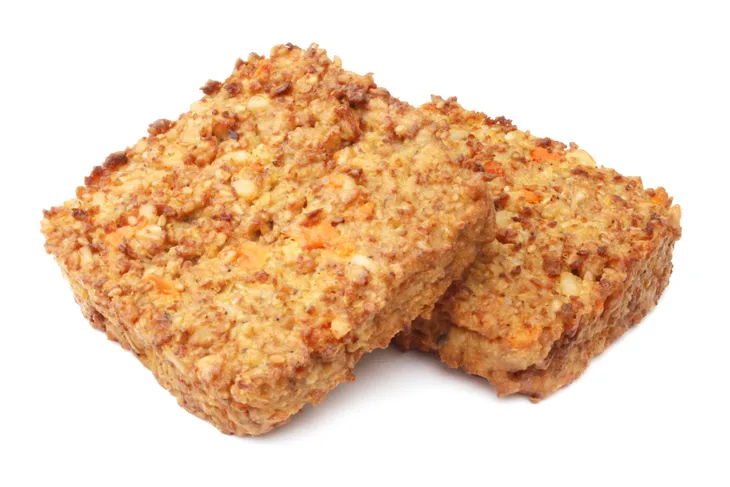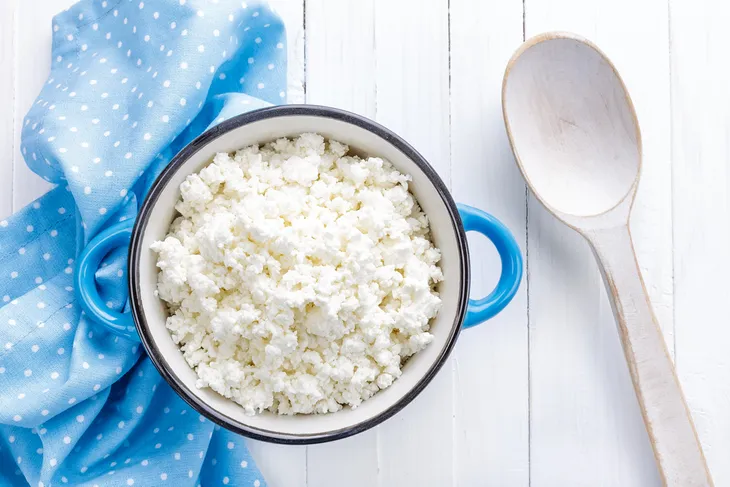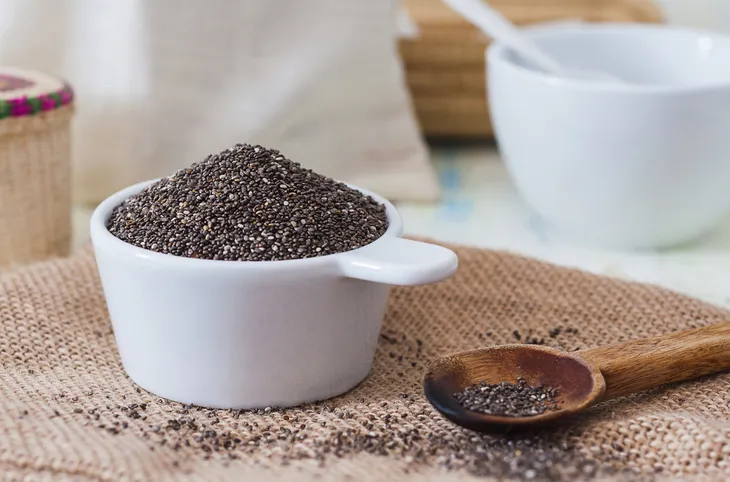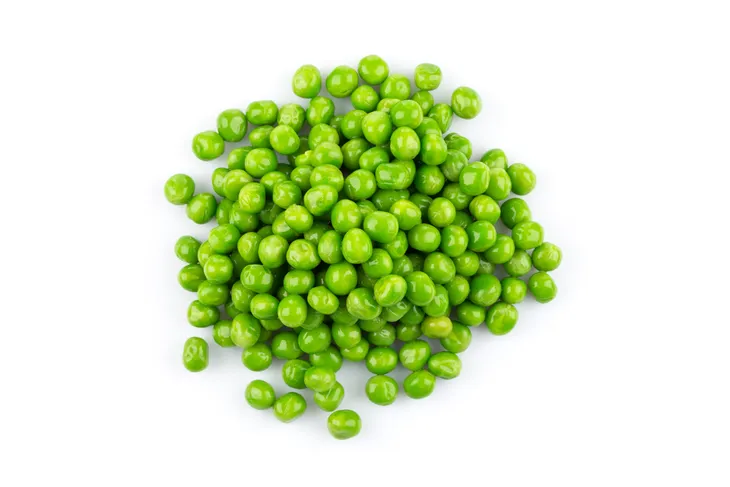If you’re a vegetarian or vegan, for personal, ethical or health reasons, you’ve excluded meat from your diet. However, many who refrain from eating meat or animal byproducts, suffer from protein deficiency. The average human should devote at least 20-percent of their daily caloric intake to protein (according to the Mayo Clinic), a nutrient that prompts muscle, hair, nail, and cell growth, helps fuel the body with energy, and keeps us full for longer following meals.
The good news is that there are plenty of meatless proteins to choose from, and if you’re eating protein-rich breakfasts, lunches, dinners, and snacks in between, your protein total can really add up. Here are ten meat-free, protein-rich food choices…
Tempeh
Loaded with roughly 15-grams per serving, this processed meat substitute is made from fermented soybeans. A mainstay in Asian cuisine, tempeh soaks up flavors in spicy stir fries, soups, stews, and curry dishes to perfection.
Nut Butters
Creamy, filling, and filled with almost 8-grams of protein per 2–tablespoon serving, I go nutty for nut butters. Plus, most organic varieties of peanut, almond, macadamia, and cashew nut butters are only made with nuts, nut oils, and sometimes a bit of salt, so you know you’re getting the purest protein on your toast, sandwich, in your stir fry sauce, or breakfast smoothie.
Greek Yogurt
I use plain Greek yogurt as my protein-packed substitute to sour cream for tacos, dip-base, and even in baking. Not only is it super creamy, Greek yogurt contains a whopping 20-grams of protein per serving!
Beans
If you want to ramp up the protein count in vegetarian or vegan soups, chilies, or stews, add some beans. Black beans, kidney beans, and navy beans bring a soup from appetizer to filling entrée when paired with a nice crusty bread.
Quinoa
The superfood known is so dubbed because of its amazing fiber and protein content. Serving up an impressive 8-grams of protein per prepared cup, this satisfying seed (it’s not really a grain) is great as breakfast cereal, soup filler, stir fry base, or as part of a casserole or salad.
Lentils
Sweet, satisfying, protein-rich lentils are not beans, they are legumes. Not only are they low in fat and high in heart-protecting fiber, you can soak up a batch overnight and quickly whip up a stew, soup, salad topper, or side dish that will keep you fueled and snack attack free all day long.
Seitan
Seitan might sound like an evil meat substitute, but it’s actually a tasty form of wheat gluten that’s typically lightly grilled and featured in stir-fries, sandwiches, and protein-richer curries.
Cottage Cheese
Delivering an impressive 26-grams of protein per one cup serving, cottage cheese is a lighter cheese substitute in many comfort foods. For instance, I use it in mac and cheese, broccoli casseroles, lasagna, and cheesy dips—and my kids can’t even tell the difference.
Chia Seeds
Who would have ever thought that these satisfyingly crunchy seeds would be high in protein. They are—at 4-grams of protein per heaping tablespoon. And if you choose to sprinkle that tablespoon in your morning smoothie, lunch salad or salad dressing (as a sub for poppy seeds), or atop dessert fruit salad and yogurt parfaits, you certainly won’t be disappointed.
Green Peas
You mom might have reminded you to, “Eat your peas,” and we hate to admit that mom was wise to this stellar protein source, which is just as great frozen as they are fresh. Throw them into soups, stews, stir fries, pastas, and casseroles as a last-minute protein-filled addition.

